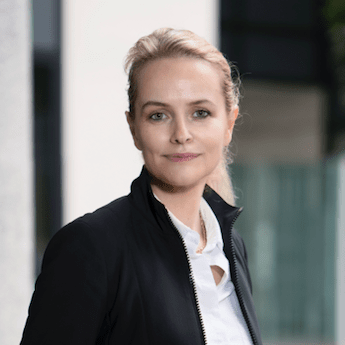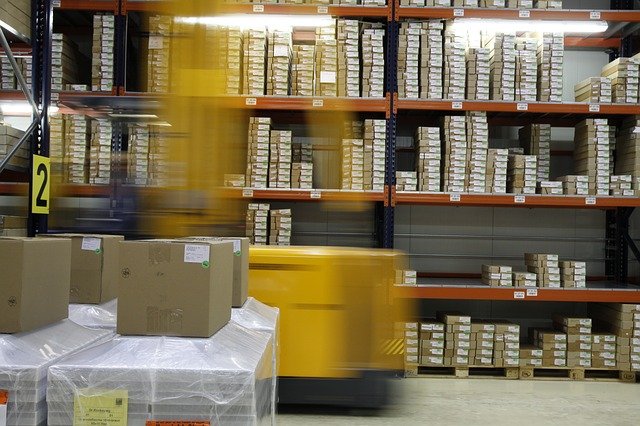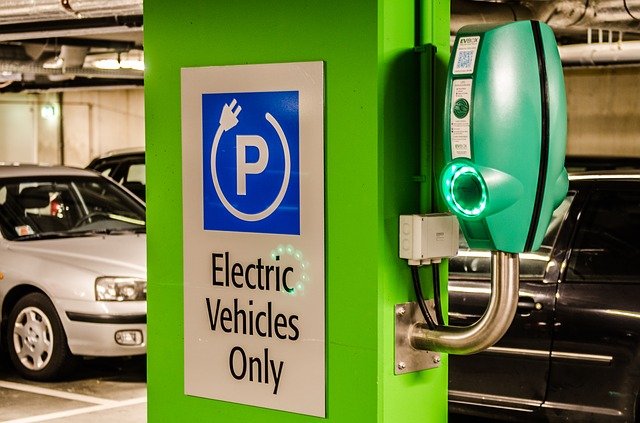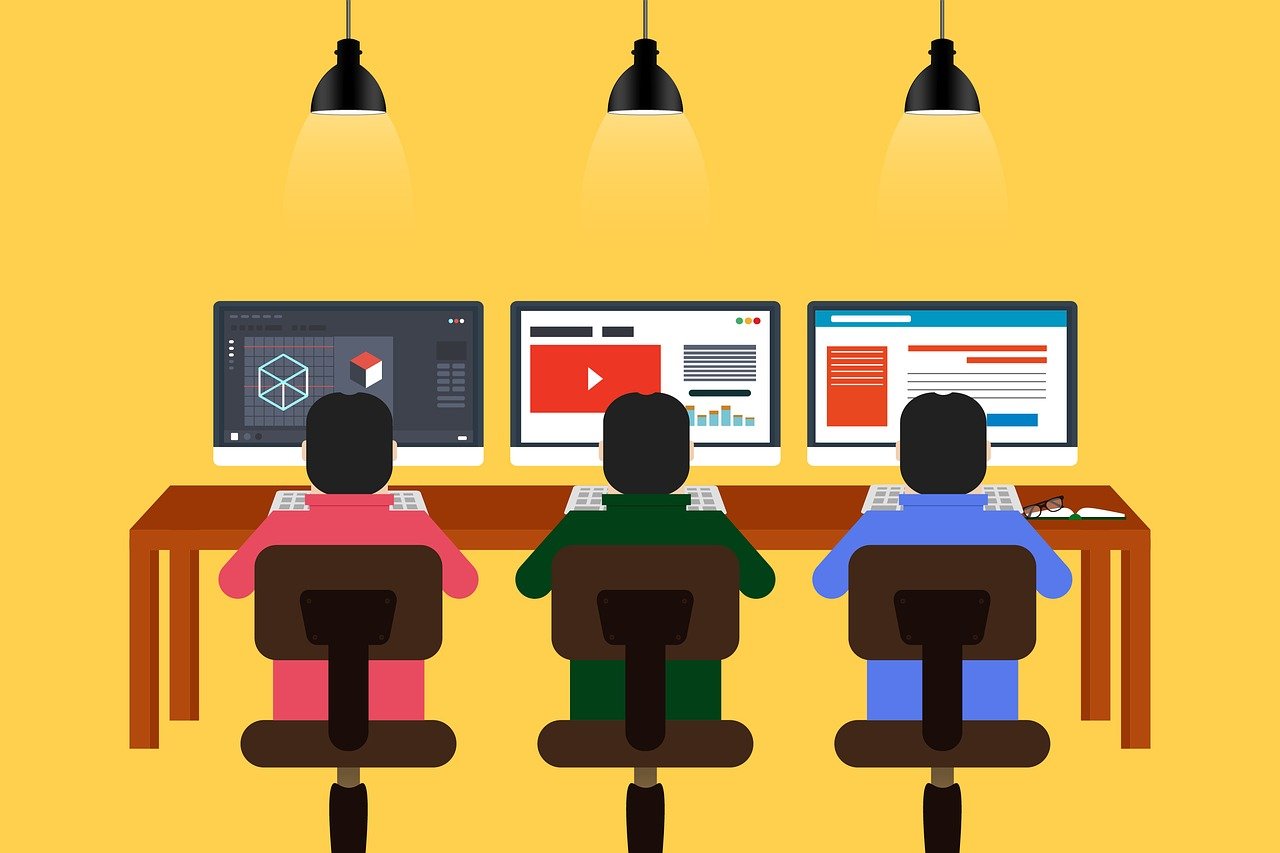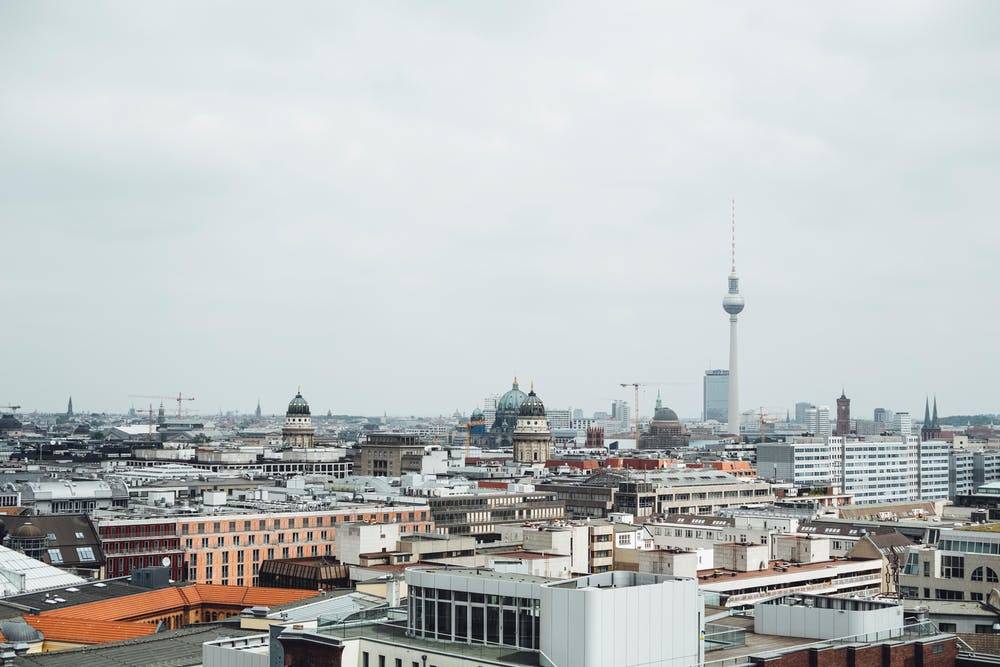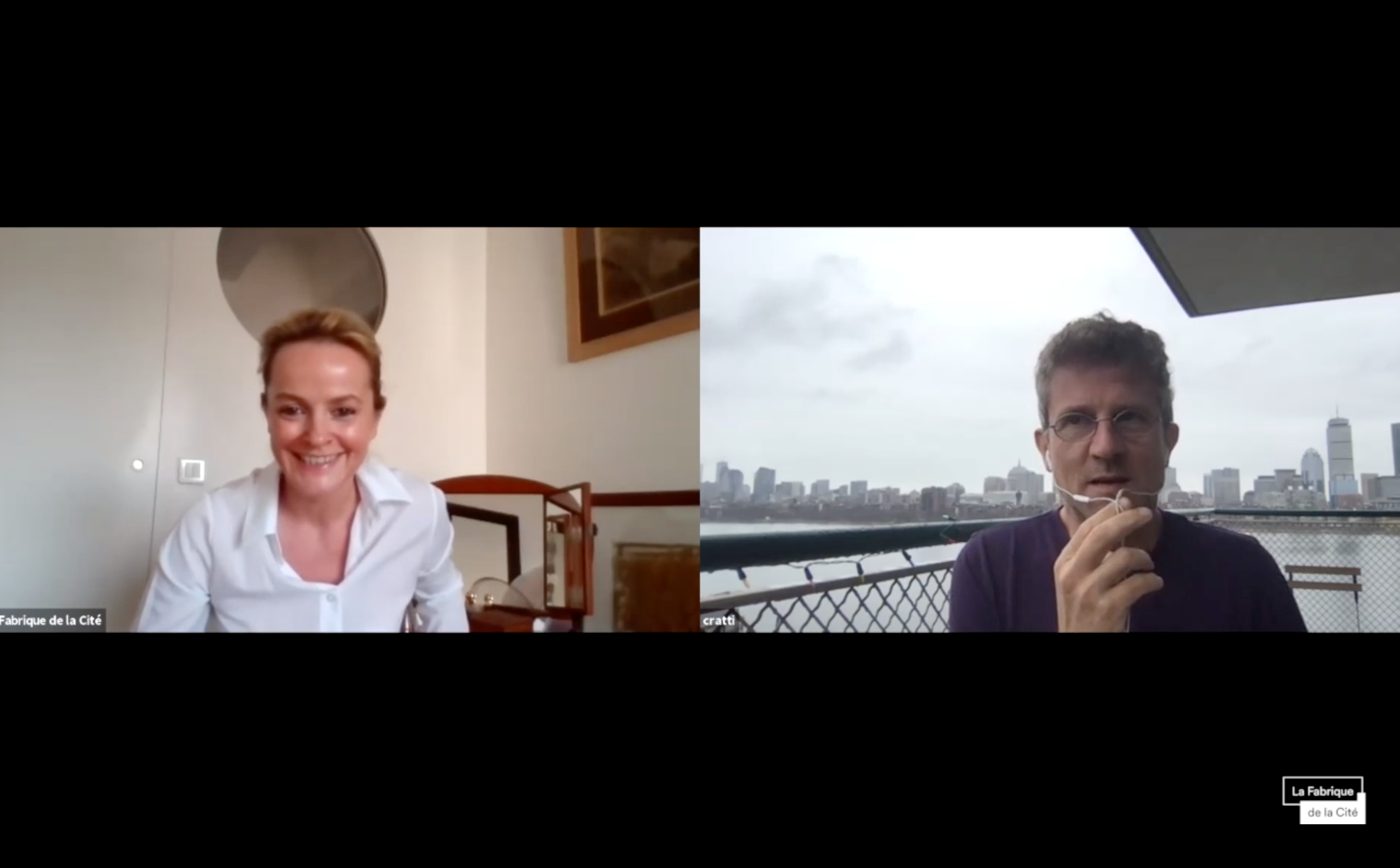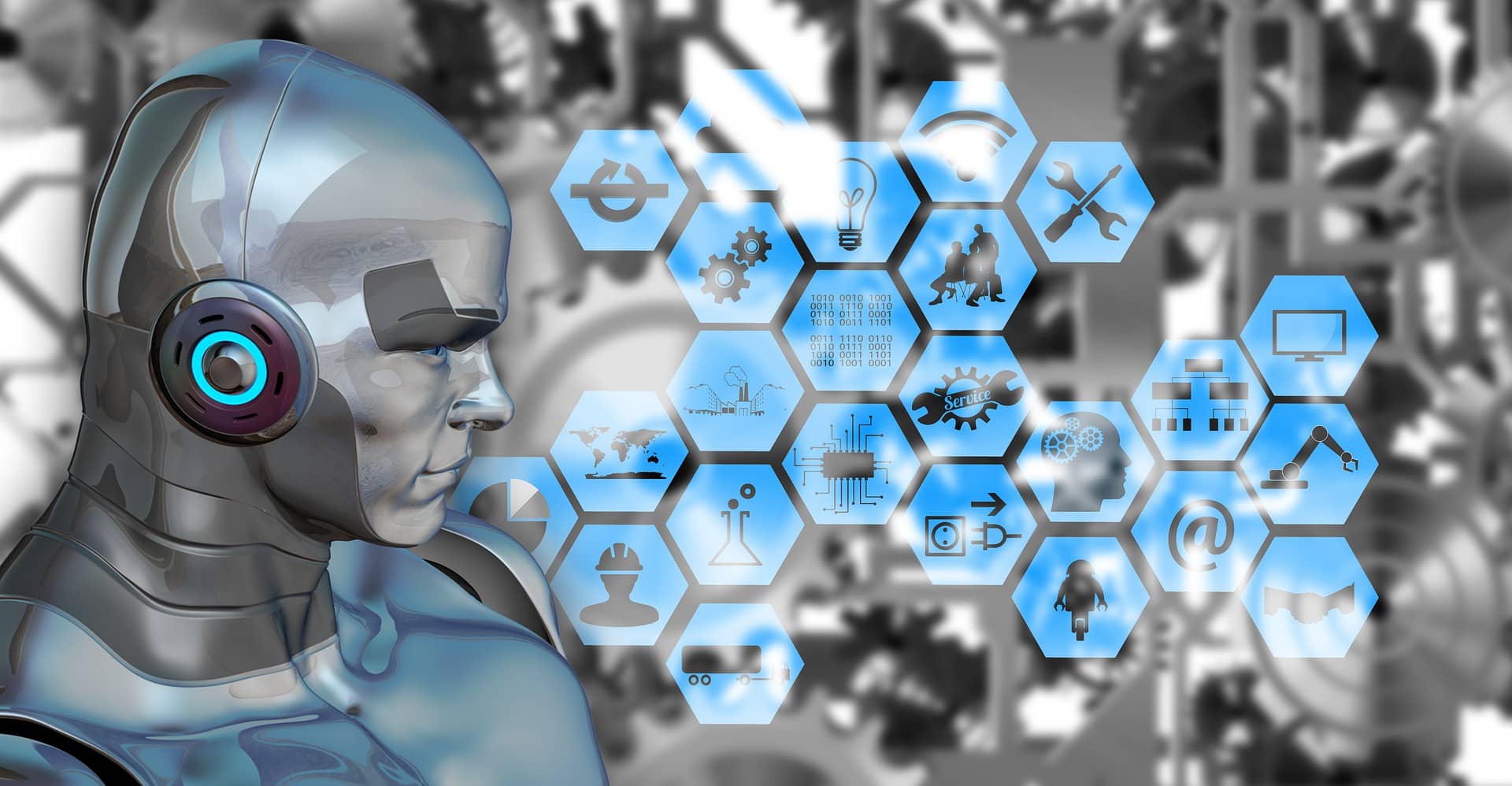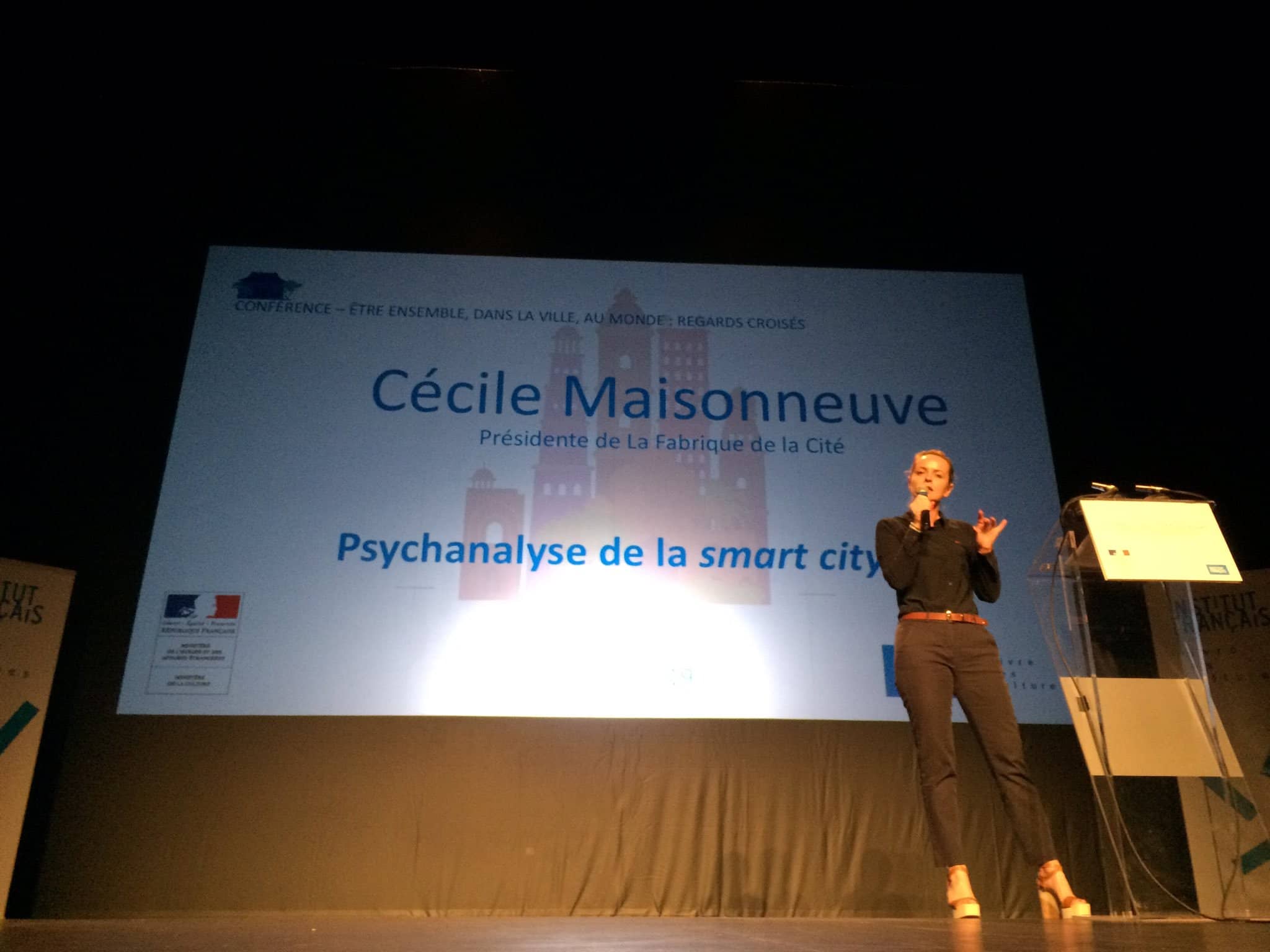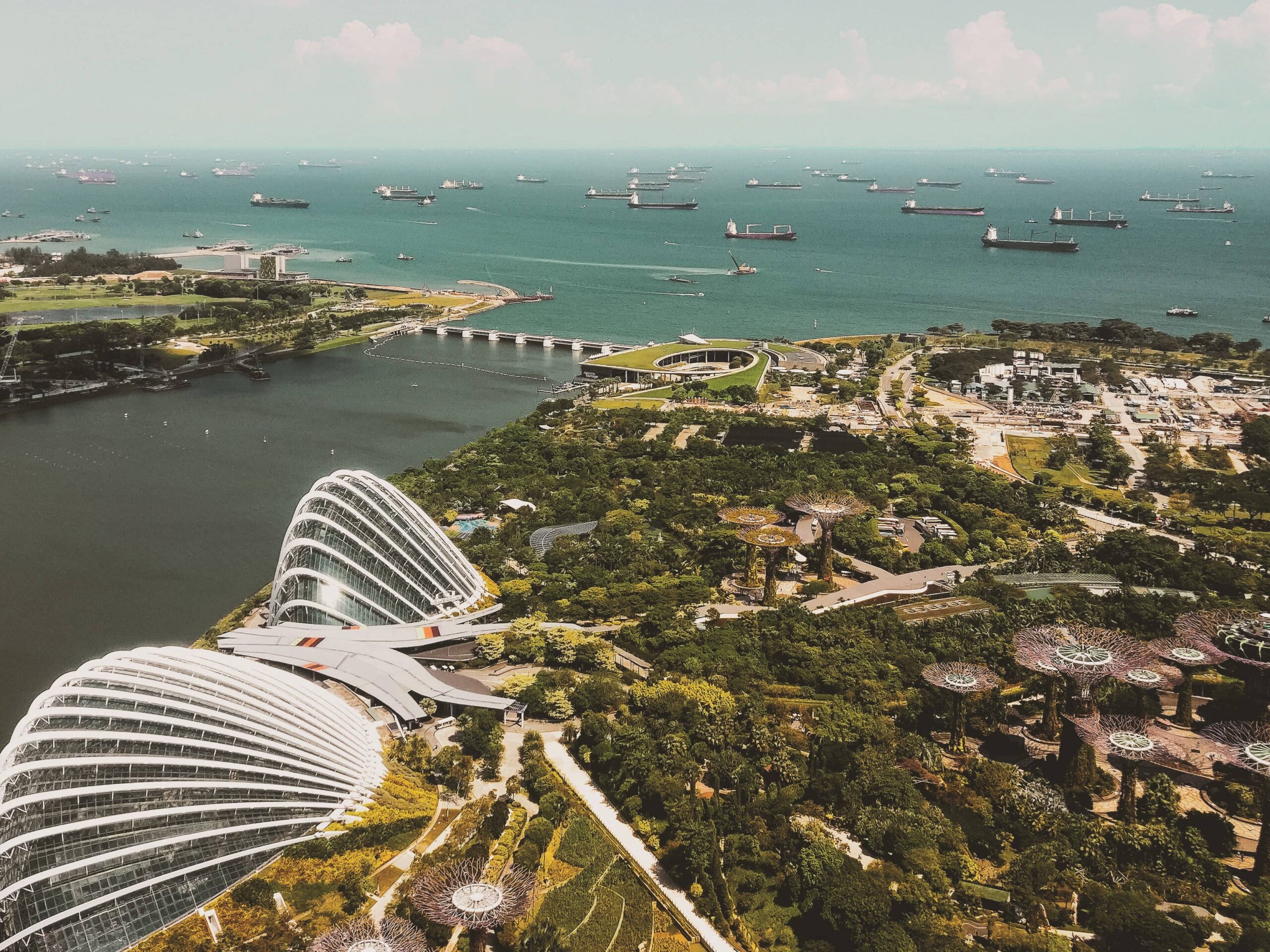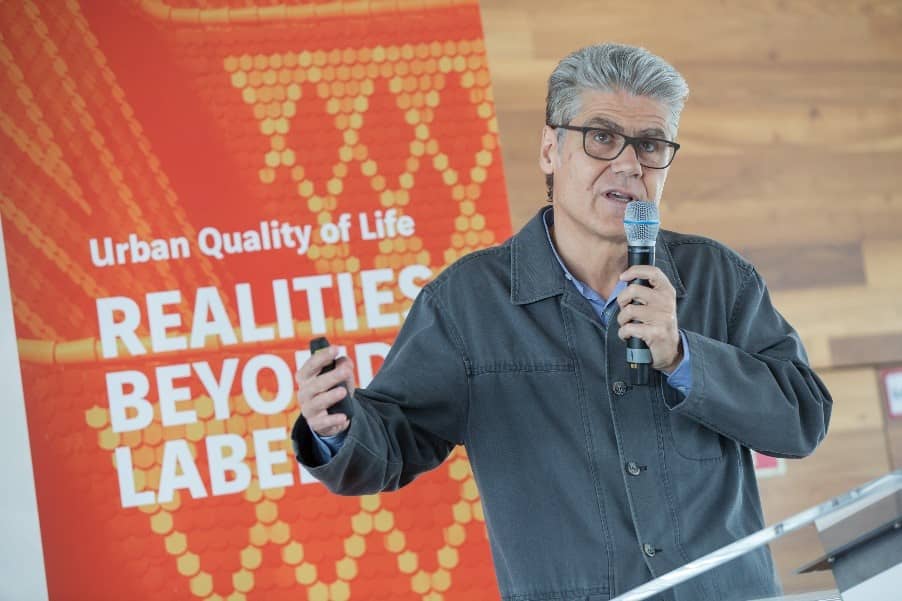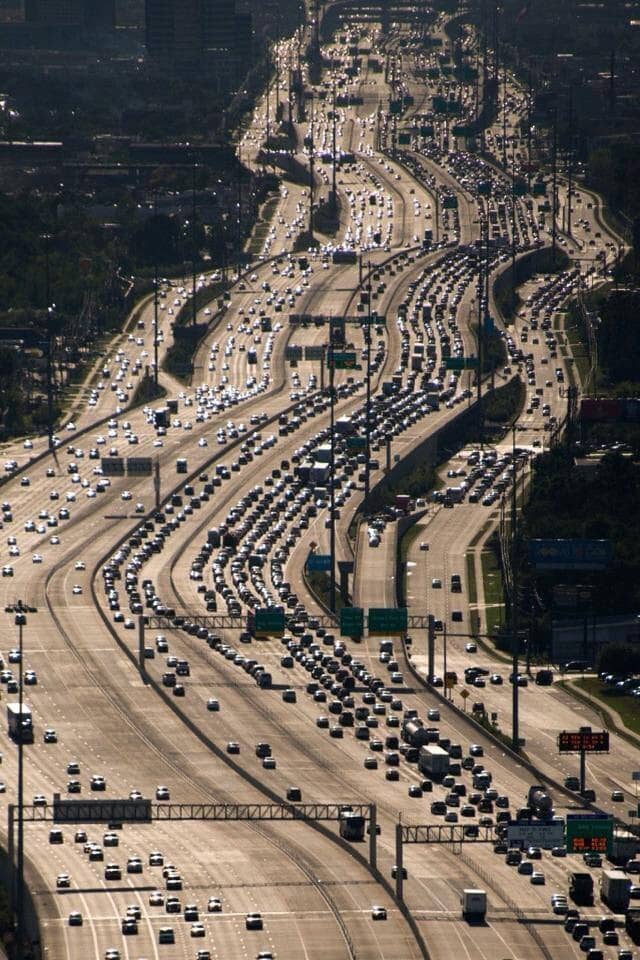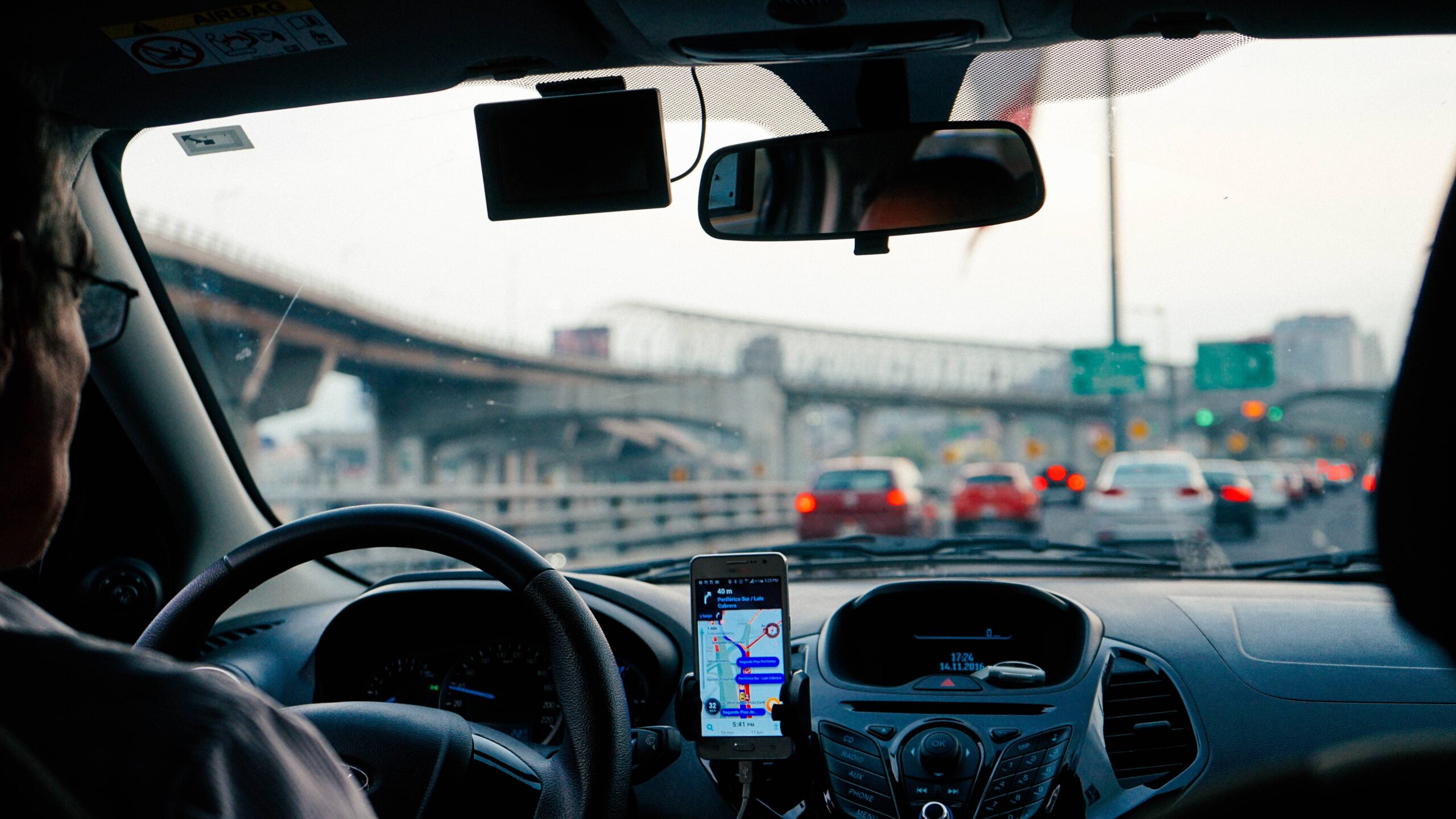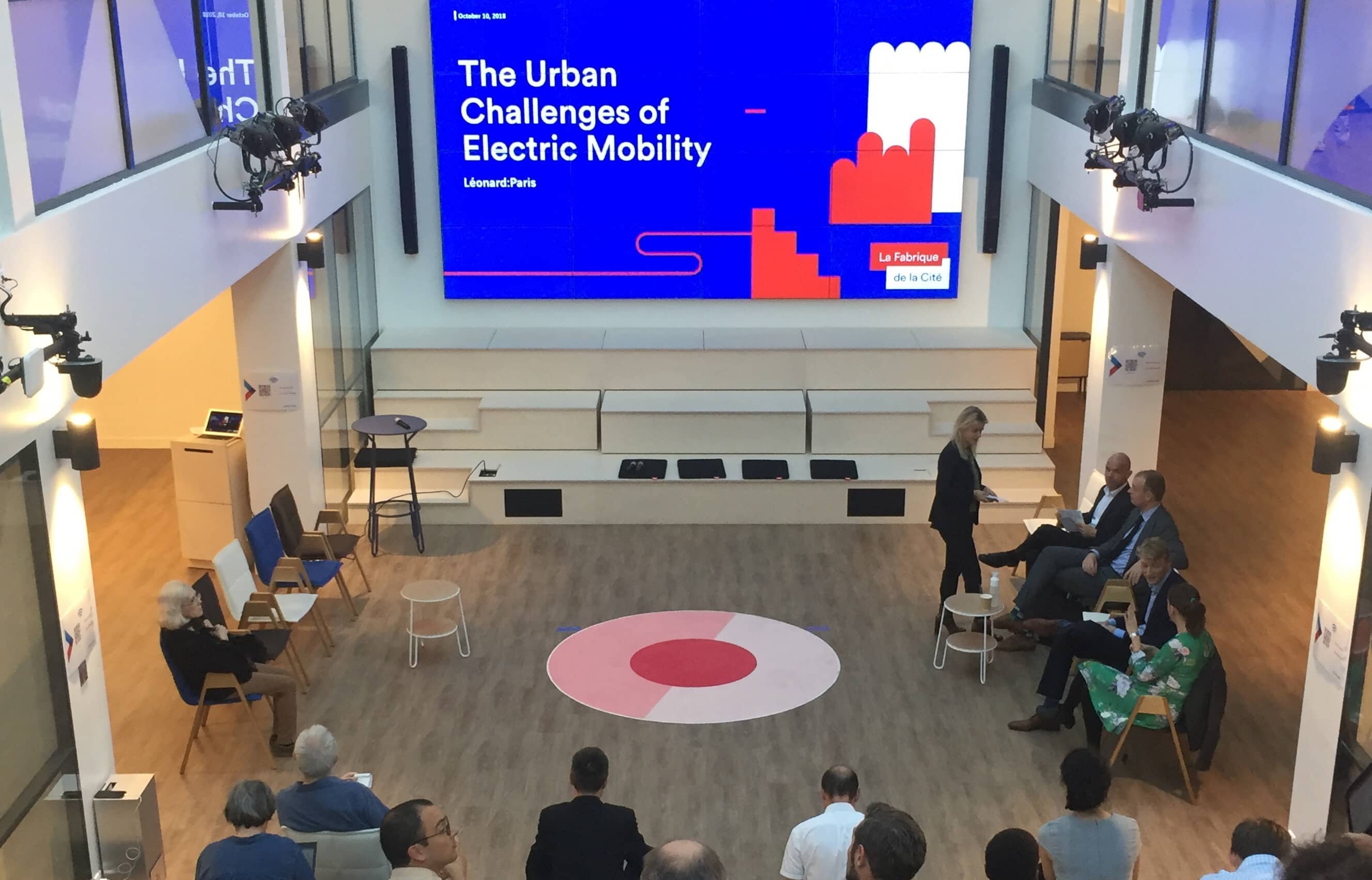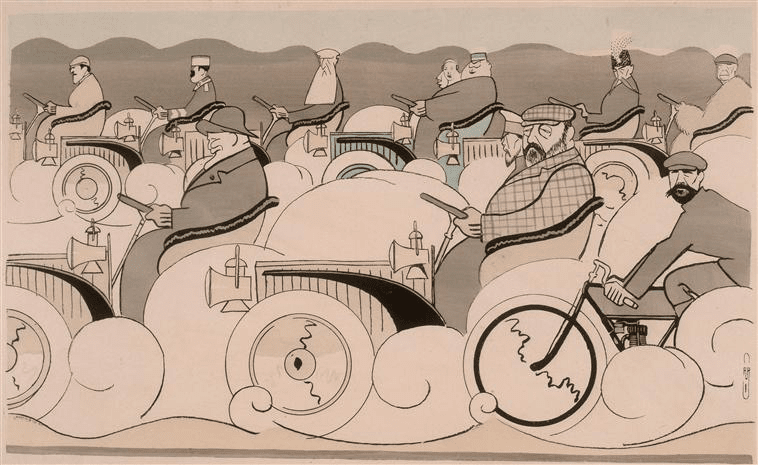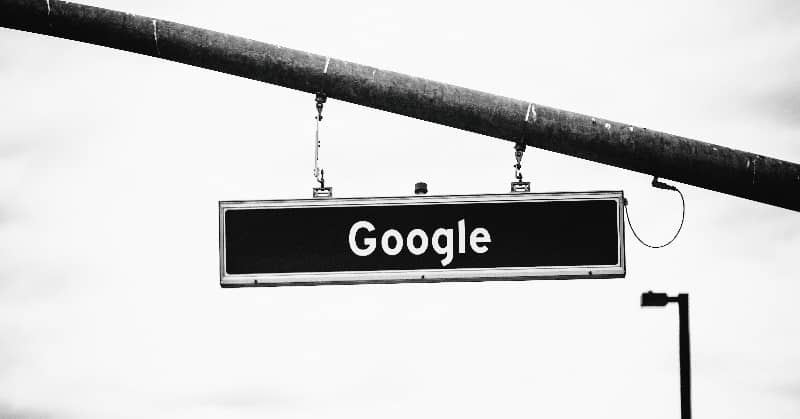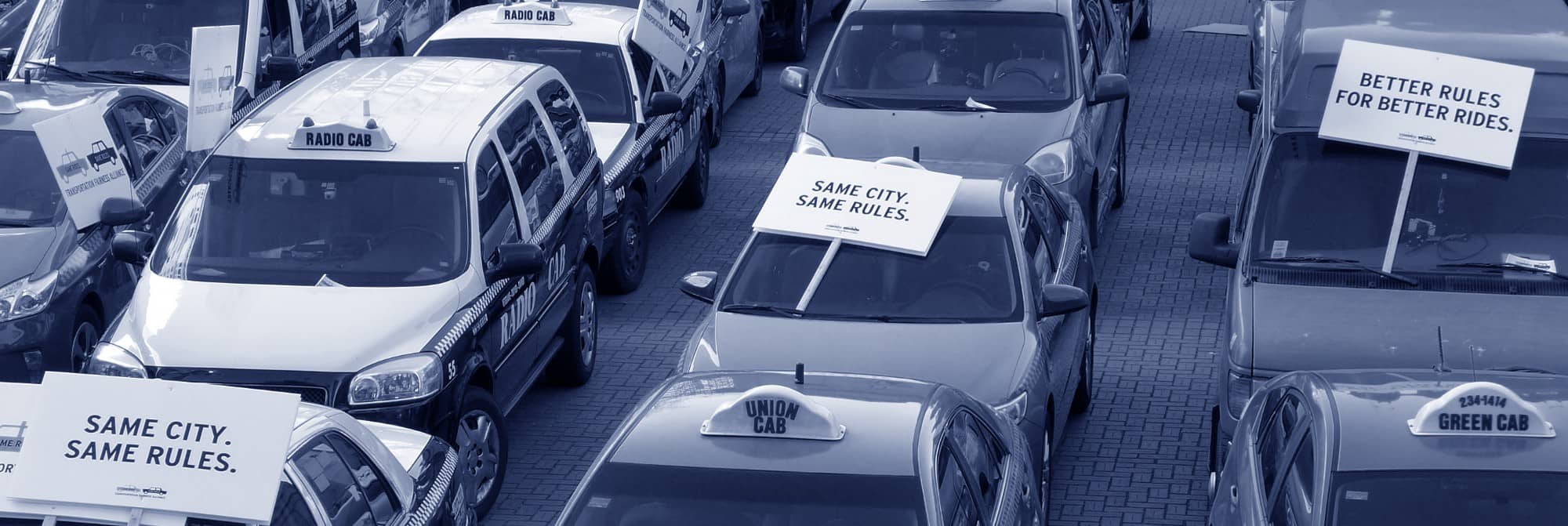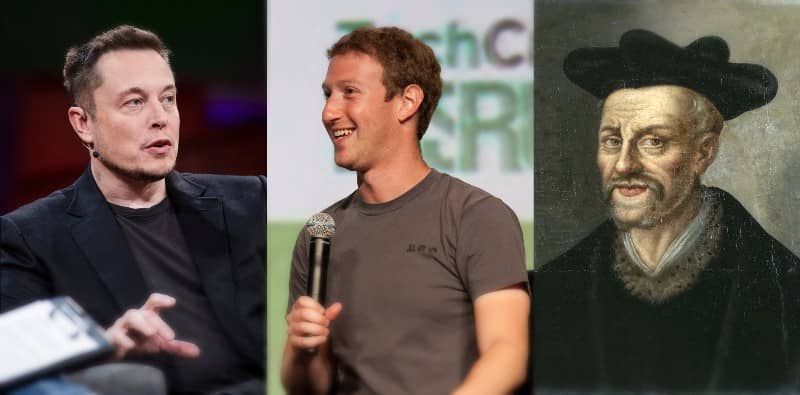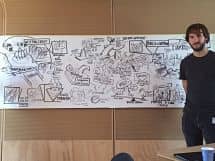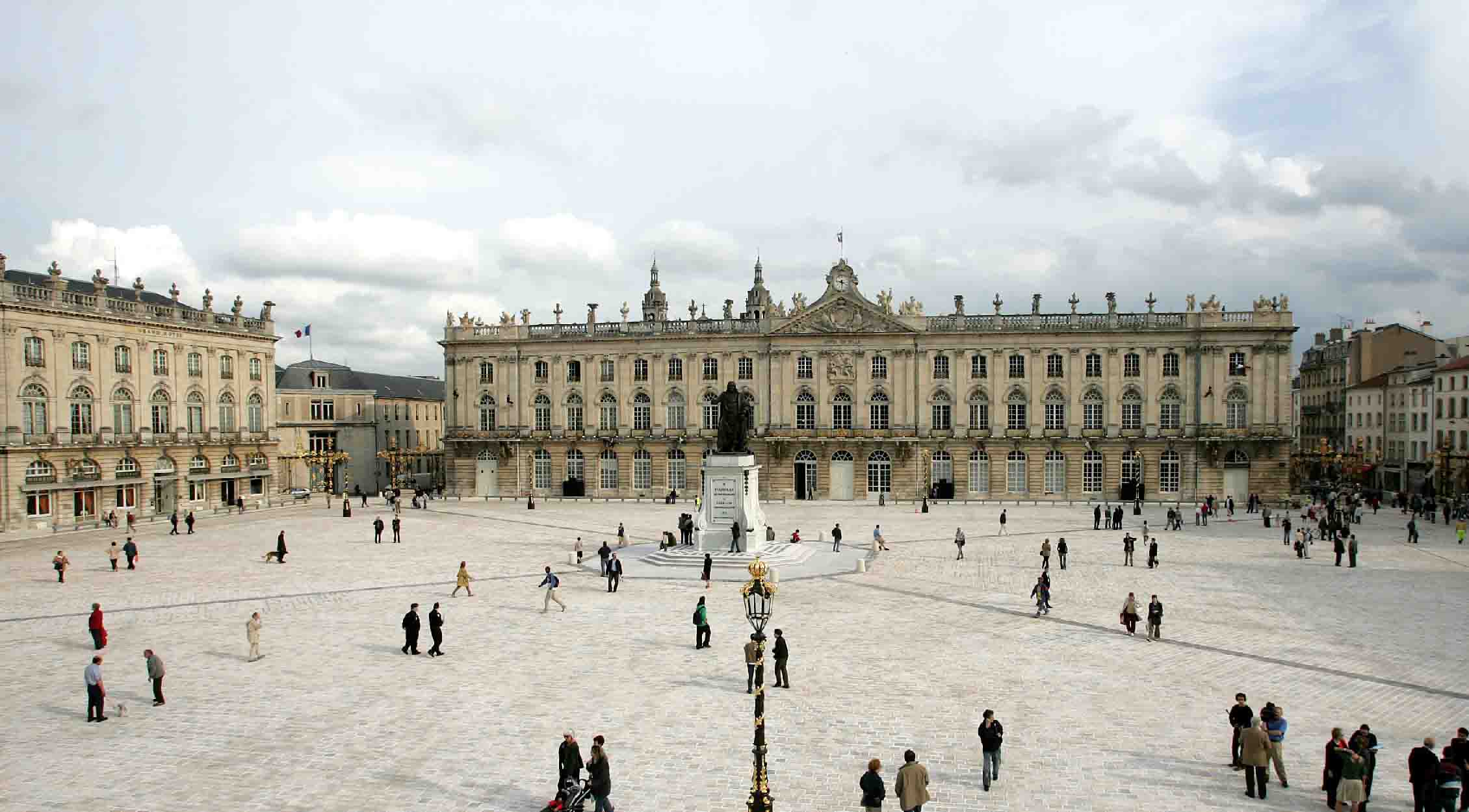

To put technology at the service of the energy transition, we must put an end to the paradox of the Internet
The paradox of the Internet is well-known: Internet users are exposing themselves more and more dangerously on social networks, installing applications that allow them, their consumption habits and their purchases to be tracked … all while worrying about the surveillance of their personal data. Nothing new under the sun, except that this paradox is growing stronger: the greater the exposure with the increasing digitalization of our activities, the greater the concern about the collection and uses of this data. In the dual context of a health crisis that is strengthening the grip of data over our lives and organizations and of an ecological crisis that is exacerbating individuals’ desire to take action, how can this be resolved?
Microeconomics long ago answered this question through the theme of intertemporal trade-offs: the choice we make to overexpose ourselves on social networks or to consent to share data that makes our lives transparent to digital service operators provides us with an immediate, easy gain (notoriety, mobility services…), while the associated risks are perceived as random and medium to long term.
On the contrary, this could explain the debates around communicating meters in France, and specifically around Linky: the immediate gain is not perceived while the associated risks are considered significant and short term. And yet, observation of what is happening in other European energy markets – the Netherlands, Germany, Sweden, Norway or the United Kingdom – carry many lessons. Start-ups are multiplying, offering a mix of energy transition products (solar panels, water heaters, heat pumps, charging stations for electric vehicles) and services (home temperature, maintenance, bill minimization), which give substance to the concept of “energy-as-a-service”. Needless to say that through all these devices connected downstream of the meter, sensitive personal data – the data of our home’s privacy – is collected and aggregated en masse, in real time.
Yet these new models are constantly expanding: why? Far from the “active consumer” announced for years, far from the technophile passionate about all these connected objects that are multiplying in our homes or the militant city-dweller – very minority profiles as shown by the sociology of energy research, the energy consumer, likes simplicity, comfort… and not making any effort. These new players on the market allow him to do so, putting the citizen who is concerned about the respect of his private life to sleep – which is moreover protected by a solid legislative arsenal (GDPR). In doing so, by pursuing his particular interest, our citizen and consumer, a worthy heir to Adam Smith, also contributes to the flexibility and stability of networks and to avoiding heavy investments in network resizing. He thus becomes an agent, certainly passive, but fundamental, of the collective interest. This is good news for the energy transition because, by relying on the human being as he is and not on an ideal human being who will only ever exist through coercion, it will be all the more rapid and efficient.
No time to read? La Fabrique de la Cité has got you covered. Check our newsletter #48.
To be informed of our upcoming publications, please subscribe to our newsletter and follow our Twitter and LinkedIn accounts.
These other publications may also be of interest to you:
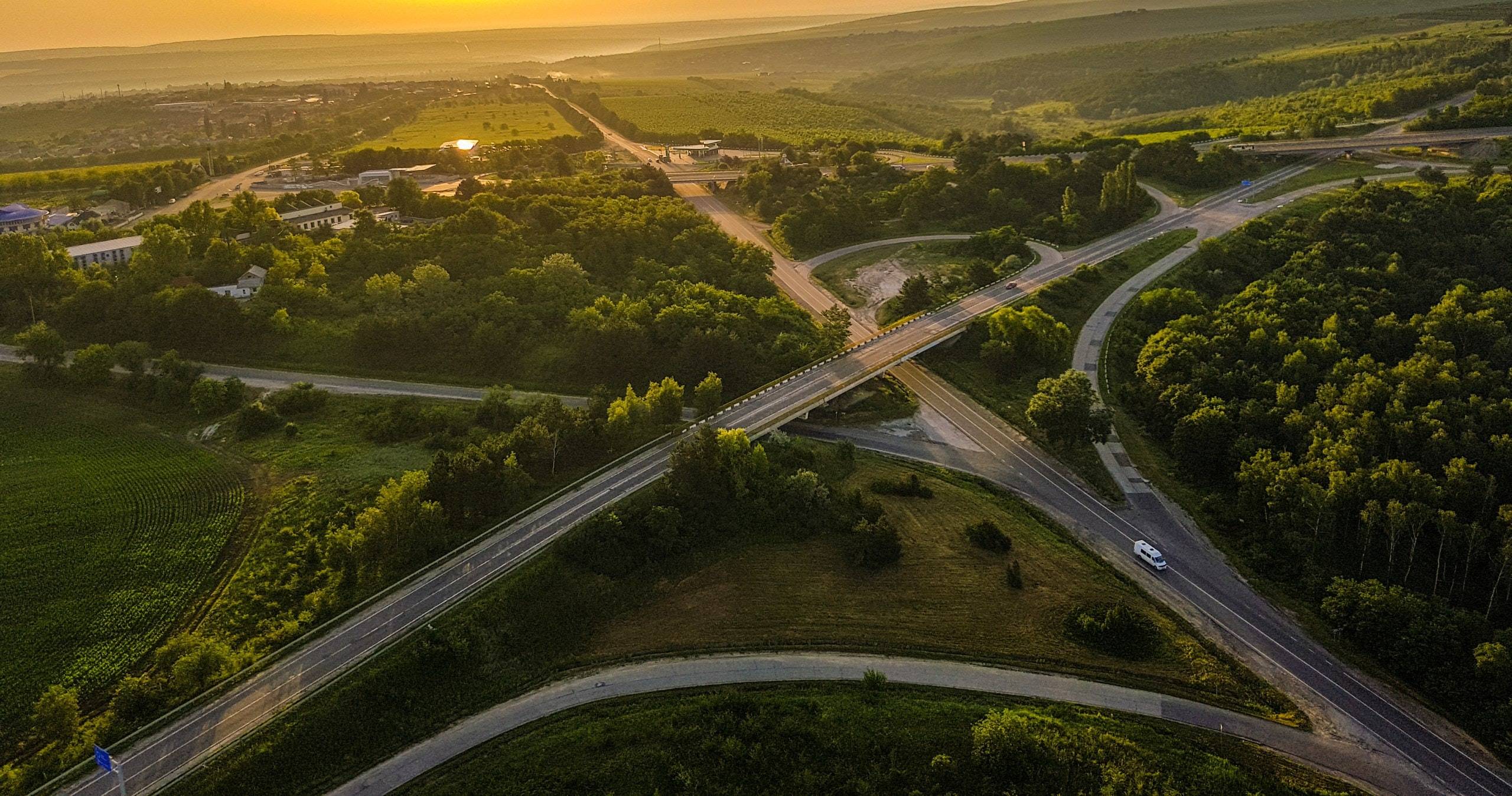
Behind the words: urban congestion
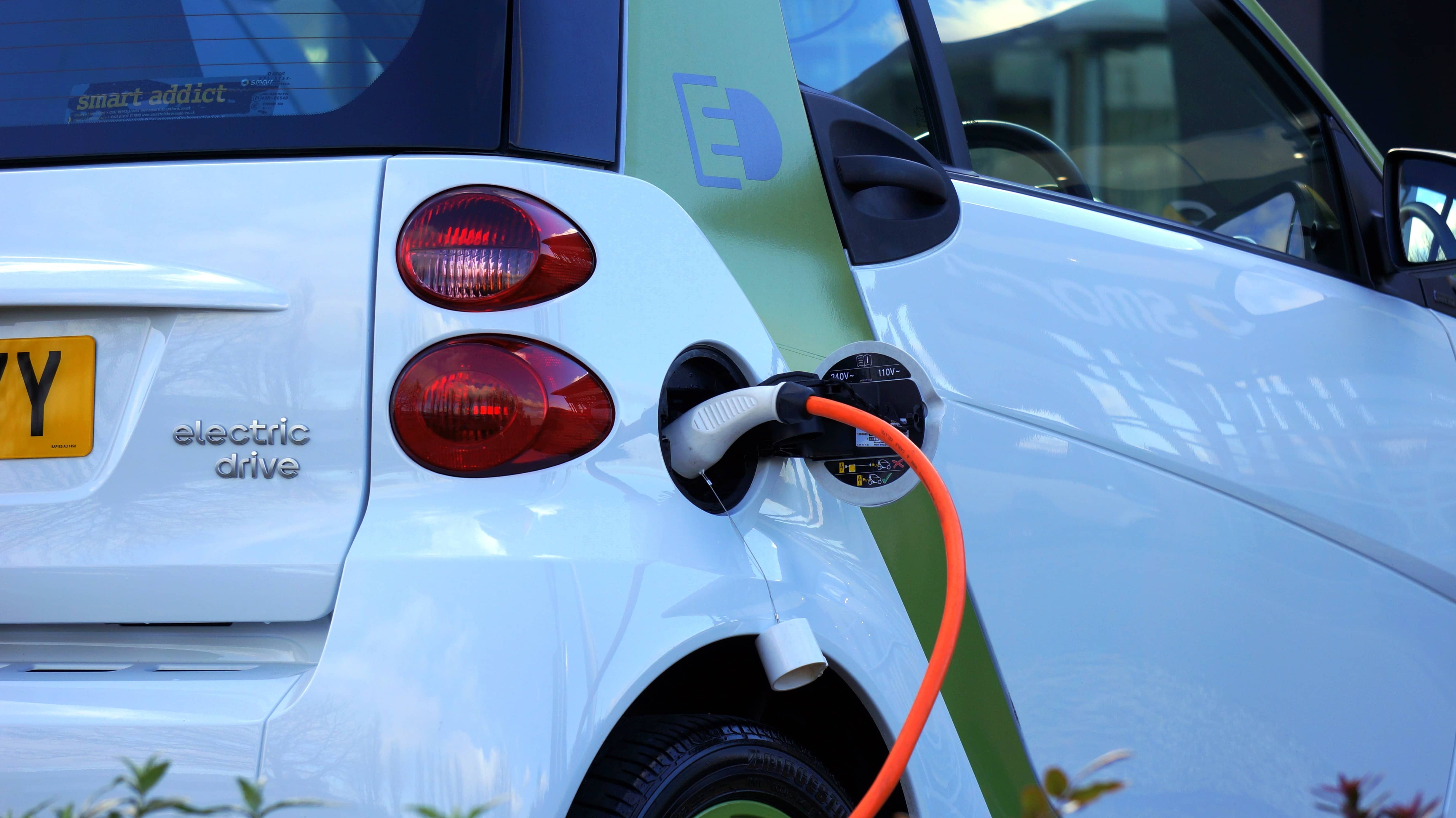
The political and technological challenges of future mobilities
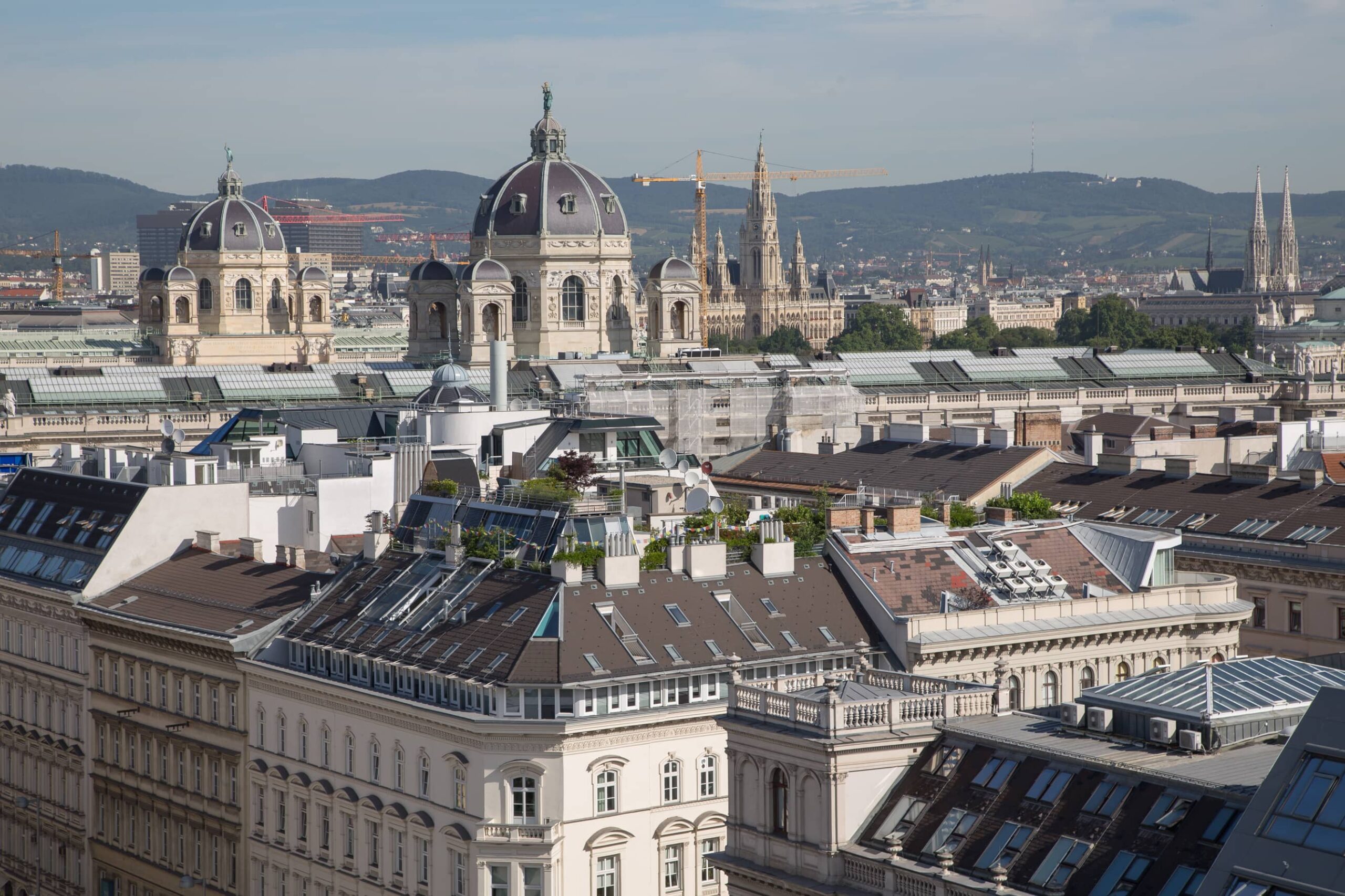
Vienna

“Once Upon a Time”…

Boston Focus

Data for urban citizens

Towards data-driven cities?
La Fabrique de la Cité
La Fabrique de la Cité is a think tank dedicated to urban foresight, created by the VINCI group, its sponsor, in 2010. La Fabrique de la Cité acts as a forum where urban stakeholders, whether French or international, collaborate to bring forth new ways of building and rebuilding cities.














